She went shopping with friends, showed up at every family gathering, and lived the kind of active life most teens take for granted.
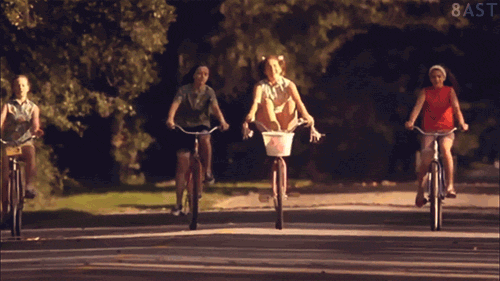
She describes herself as “a little awkward and weird” in social situations, but she had no reason to think her future would look much different than anyone else’s. That sense of normalcy started to unravel the summer before ninth grade.

Her family was already carrying more than their share when Caroline’s mom was diagnosed with a rare form of cancer. The family moved in with her grandparents in Lincoln, Nebraska, while her mom underwent treatment in Omaha. It was around this same time that Caroline began experiencing symptoms of what would later be diagnosed as hypermobile Ehlers-Danlos syndrome (hEDS) and postural orthostatic tachycardia syndrome (POTS).
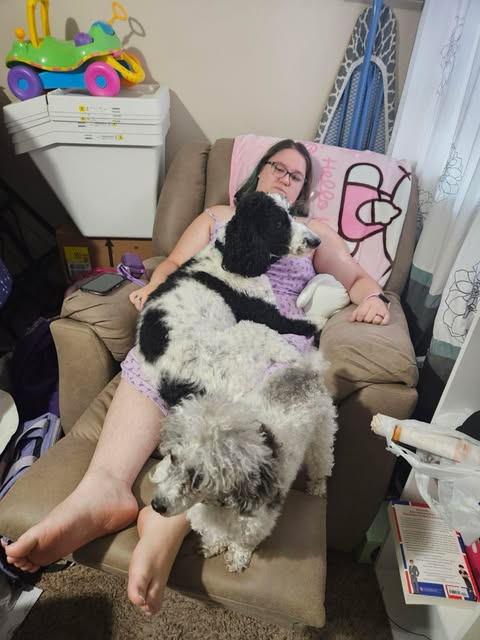
Getting to those diagnoses was a long, frustrating fight. Doctors hesitated to put such a life-defining label on someone so young, even though Caroline clearly met the criteria. “It would have allowed me to go into physical therapy and stuff a lot sooner,” she explained. In the meantime, her health declined.
That kind of barrier isn’t unusual in Nebraska. While Lincoln is home to respected hospitals and a university medical center, statewide access to specialized care is uneven. People with rare conditions like hEDS and POTS often face long wait times, insurance denials, or the simple reality that there aren’t enough providers trained to treat them.

For Caroline, navigating those barriers became its own full-time job—appealing insurance rejections, switching unresponsive technicians, and constantly advocating for herself in a system that wasn’t built with her in mind.
Caroline’s hEDS has settled mostly in her legs—her hips, knees, and ankles bear the brunt of the pain. A short retail shift could leave her bedridden for days. “I would go work a four to six-hour shift and then come home and spend the next two days in bed because I couldn’t move from the pain,” she said.
Mobility aids became essential. First, forearm crutches, then a second-hand wheelchair that wasn’t the right size. Insurance denied her requests for something more suitable, even after multiple appeals.
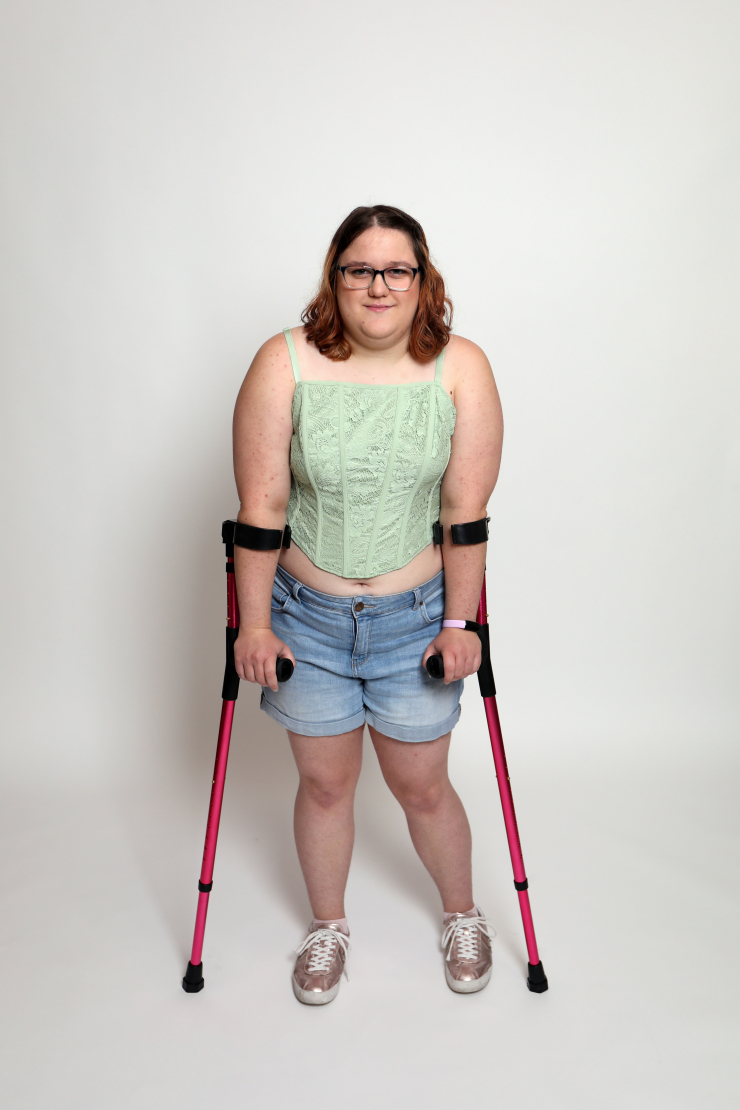
But Caroline isn’t someone who stops showing up for life. When she could no longer work, she began volunteering as a “caring crafter” for her local hospital, crocheting and sewing for patients and families.
Earlier this year, she took an even bigger leap: enrolling in community college to study business. Her grandparents, proud of her resilience, even chipped in for a new computer to support her schoolwork. And of all the things that have carried her forward, none shines as brightly as Dancing Beyond Limits.
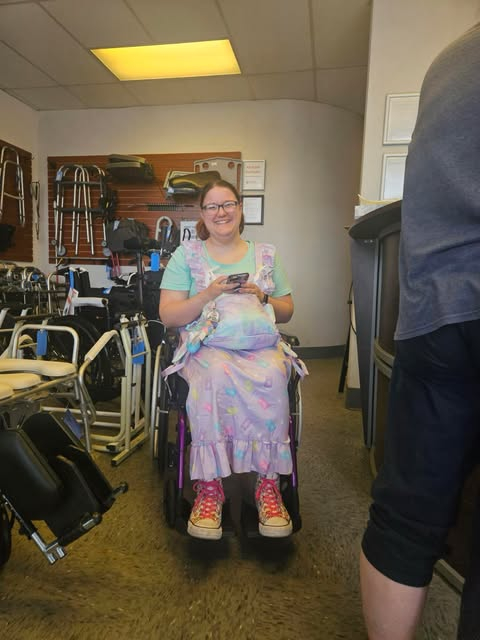
Caroline had known about the inclusive dance organization for years—her cousin participated in Omaha—but she wasn’t able to join until she finally had a chair that gave her some independence.
“Being able to join them after managing to get a wheelchair meant that I got to socialize and interact with all kinds of different people,” she said. “It allows me to be active…and to interact with people my age.” The group isn’t just a class. It’s a community. Practices run in eight-week sessions twice a year, and the organization has grown so large that it now offers multiple classes based on age groups.
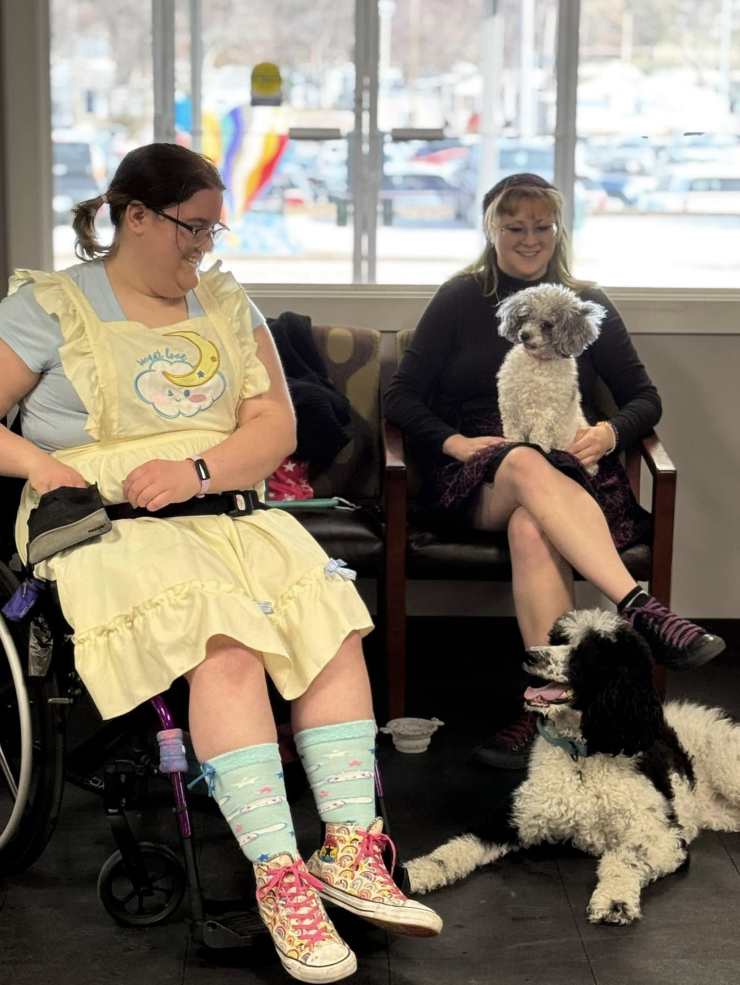
This year, Caroline was promoted to team captain of their unified performing team. That role means everything to her. It’s a reminder that while hEDS and POTS have changed her life, they haven’t taken away her ability to lead, connect, and inspire.
There’s just one problem, though: her current wheelchair isn’t built for dance. The folding frame is heavy, too narrow, and slow to maneuver.

“Trying to dance in it is doable,” Caroline admitted, “but it’s a lot heavier and it takes longer to move around.” What she needs is a lightweight, custom-fitted rigid frame chair, something designed for an active lifestyle. Insurance wouldn’t cover it, and most grant programs exclude diagnoses like hEDS and POTS.
That left Caroline searching for help in a system that too often leaves rare diagnoses behind. Thankfully, Chive Charities doesn’t. With your donor support, Caroline will soon receive the right chair for her needs – a SpinLife wheelchair for a total impact of $4,709. It’s the piece of equipment that will let her keep dancing, keep studying, and keep building the future she refuses to let go of.
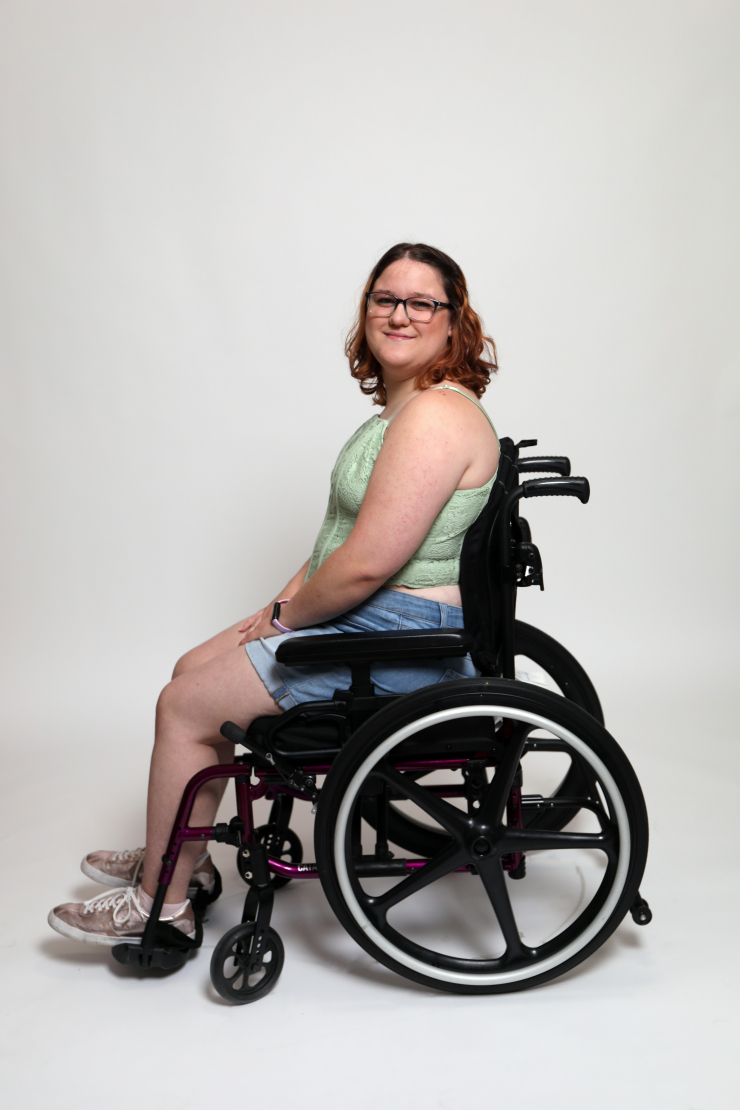
Caroline isn’t walking this path alone. At home, she’s surrounded by love and support: her mom, her girlfriend, and her two poodles—Tiffany and Ava—both trained companions who help her manage autism, anxiety, and mobility challenges. Her family is proud of how far she’s come, especially now that she’s back in school and thriving in dance.
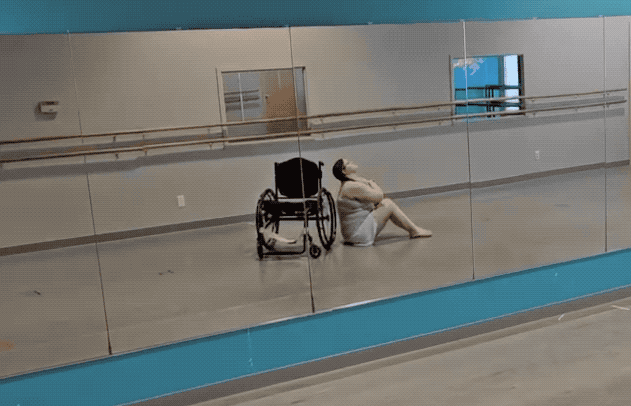
Caroline has been fighting for answers and opportunities for nearly a decade. This wheelchair is all about momentum. It will carry her into classrooms, rehearsals, and performances. It will carry her forward into the life she refuses to give up on.
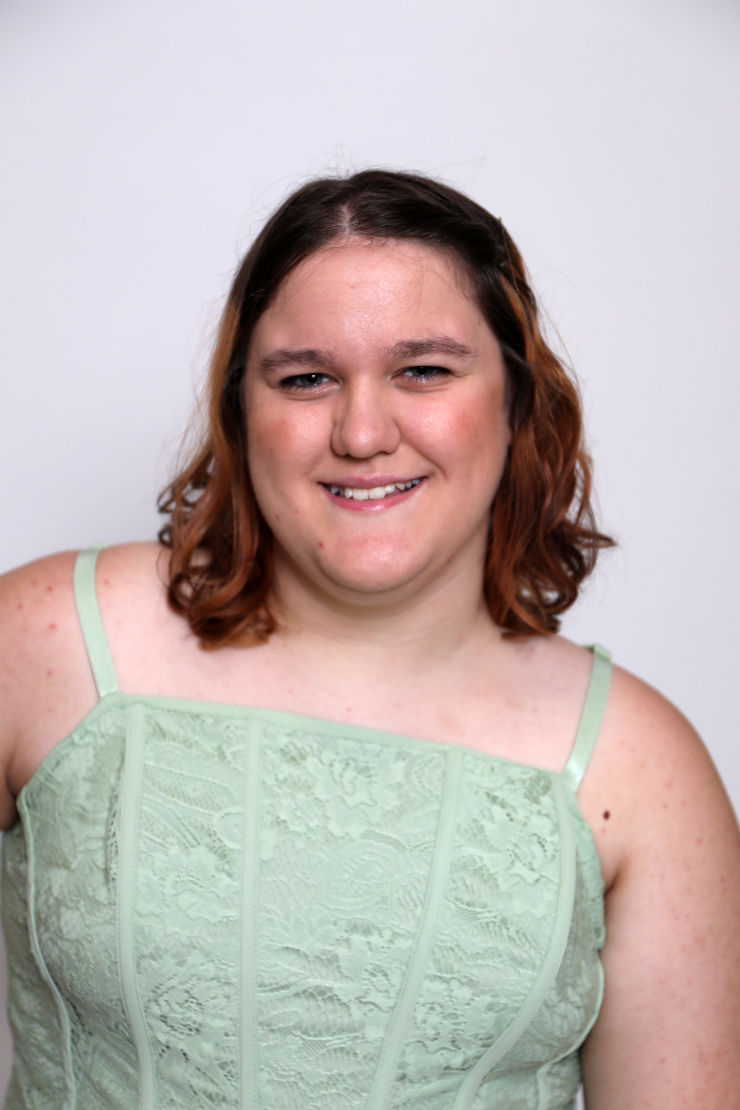
And most importantly, it will allow her to keep doing what she loves: showing up, both for herself and for others, with the courage to dance beyond limits.
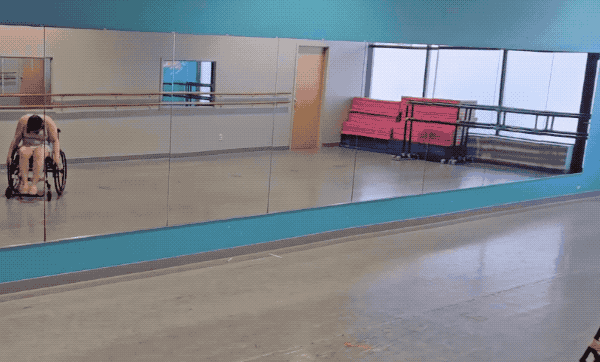
Caroline’s new chair will let her return to what lights her up. You can help more people like her get back to the things they love, too. Become a Chive Charities supporter today and DONATE HERE.



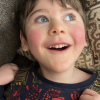

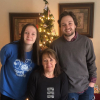
































































































































































-3__small.jpg)












































































































__small.jpg)










__small.jpg)






















































































_with_flag,_jason__emily_rowley-4__small.jpg)

































































































































-2__small.jpg)



























































































































































